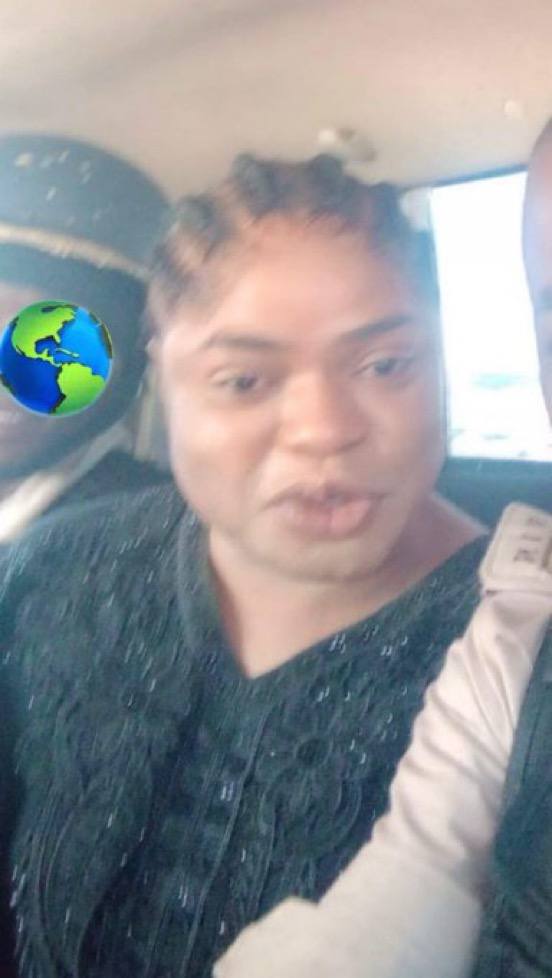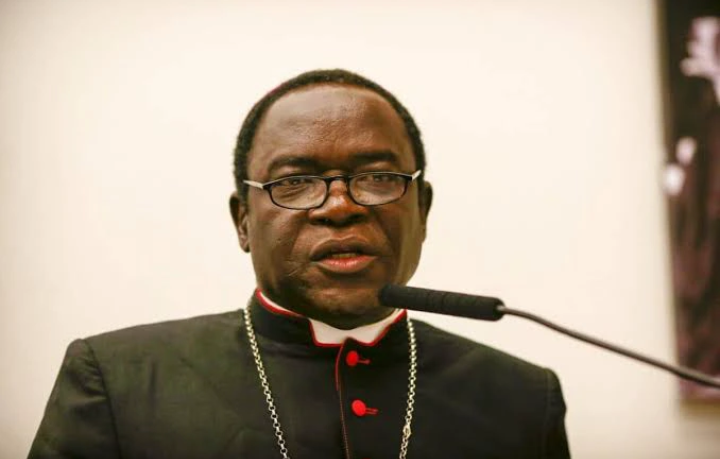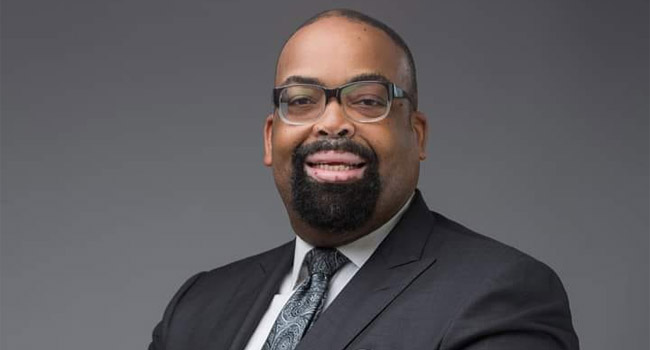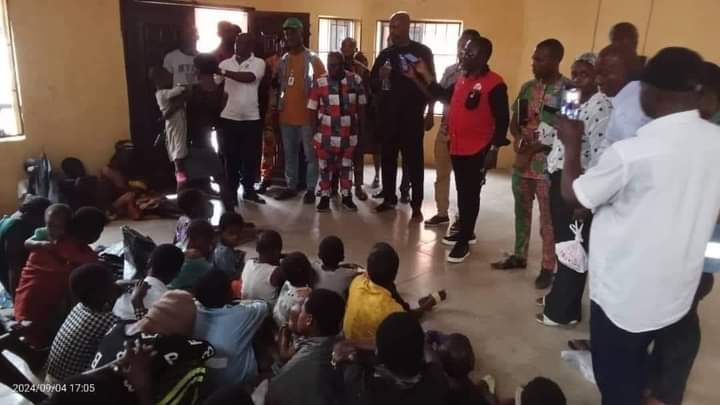Falana Counters Agbakoba On EFCC’s Legitimacy – Green White Green
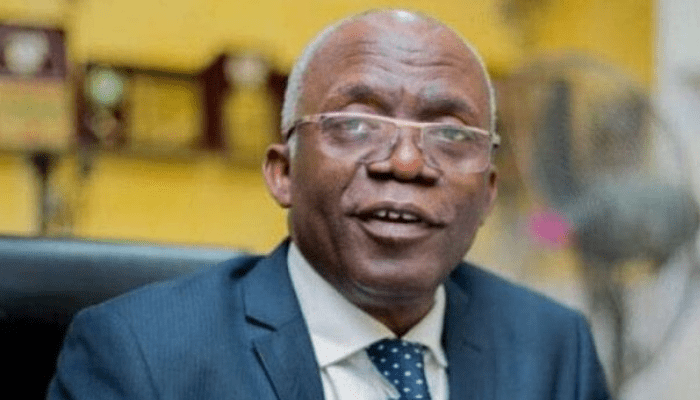
Human rights lawyer, Femi Falana (SAN), has made it clear that the Economic and Financial Crimes Commission (EFCC), along with similar institutions, will remain in existence despite growing calls to disband the agency.
Falana’s remarks came in response to ongoing debate about the future of the EFCC, which has faced legal challenges regarding its constitutionality.

Falana stressed that the focus should not be on whether these agencies should exist but rather on ensuring that they operate independently. He emphasized, “What we should be demanding are measures to make these institutions autonomous, not subject to the control of any government.” His comments align with the backdrop of a legal challenge led by 16 state governors questioning the legitimacy of the EFCC’s establishment.
The Supreme Court has scheduled October 22 for a hearing on this case, which was originally initiated by the Kogi State Government. Other states involved in the lawsuit include Ondo, Edo, Oyo, Ogun, Nasarawa, Kebbi, Katsina, Sokoto, Jigawa, Enugu, Benue, Anambra, Plateau, Cross River, and Niger. These states argue that any law inconsistent with the Nigerian Constitution is void, suggesting that the EFCC’s creation may not align with constitutional provisions.
During an appearance on Channels Television’s ”Sunday Politics” , Falana reiterated his stance, advocating for the EFCC, the Independent Corrupt Practices Commission (ICPC), and other anti-corruption agencies to remain free from government interference. He further stated, “For me, the ICPC and EFCC, like the Code of Conduct Tribunal, have come to stay.”
Falana also pointed out that the Supreme Court had repeatedly affirmed the constitutionality of these agencies, recognizing their critical role in fighting economic and financial crimes, as well as corruption in Nigeria. He explained that both the EFCC and ICPC were created to fulfill the state’s responsibility under Section 15, Subsection 5 of the Nigerian Constitution, which mandates the eradication of corruption.
However, opposition to the EFCC’s legitimacy persists. Senior lawyer and former Nigerian Bar Association (NBA) President, Olisa Agbakoba, has argued that the EFCC was unconstitutionally established. In letters sent to both the Senate and the House of Representatives, Agbakoba contended, “I firmly believe that the EFCC is an unlawful organization, as its establishment exceeds the constitutional powers of the National Assembly.”
Agbakoba’s position has added another layer to the ongoing debate, but Falana remains steadfast in his belief that the EFCC and similar bodies are vital to Nigeria’s fight against corruption and should continue to exist.
Send Us A Press Statement Advertise With Us Contact Us
And For More Nigerian News Visit GWG.NG


